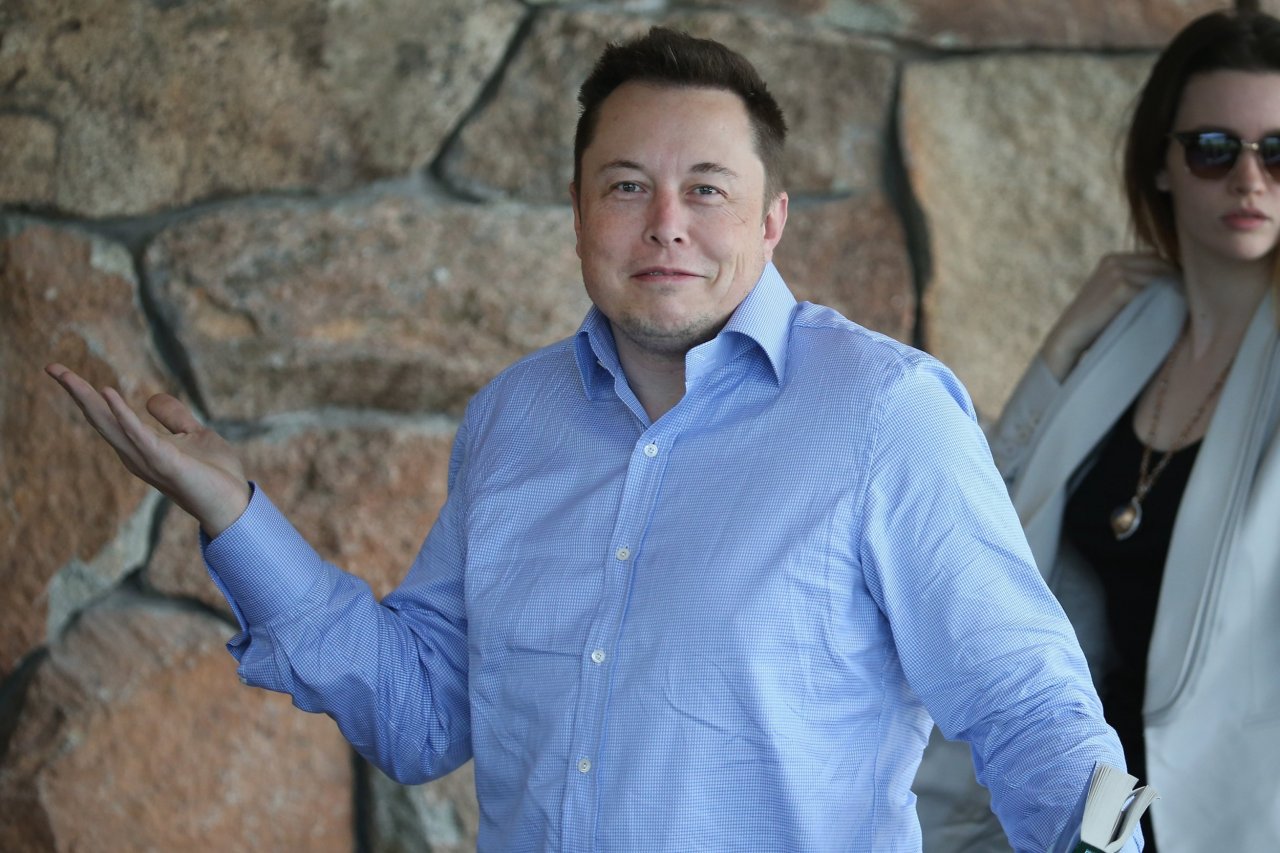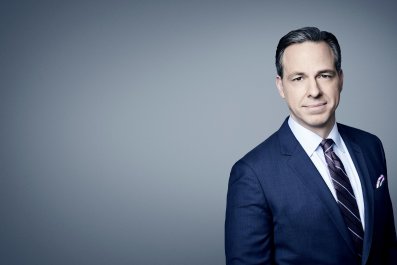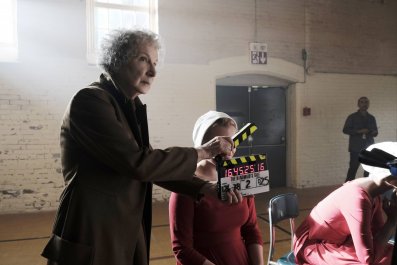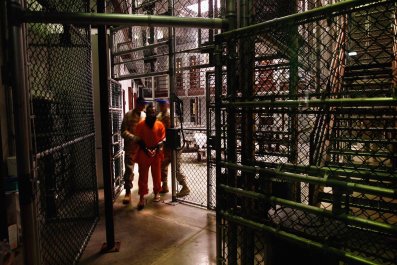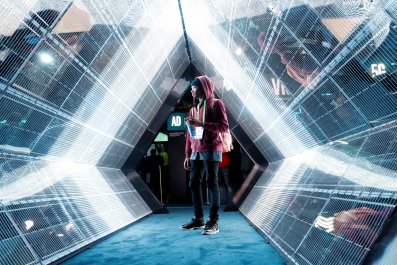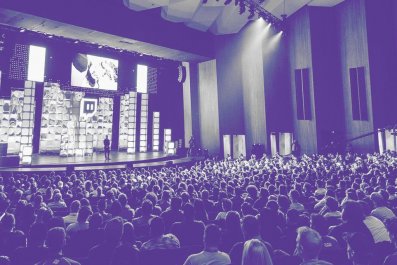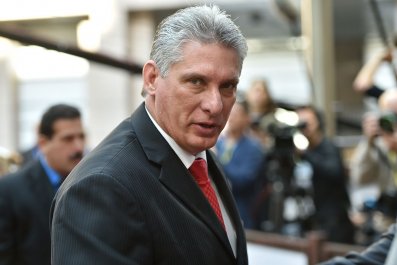Converting ideas into tangible products has long relied on patents. Even before the U.S. Patent Act of 1790, which gave 14 years of exclusivity to whoever owned a piece of intellectual property, we have relied on a stringent code of laws to ensure that the creator of something new reaps the benefits of that idea and its execution.
The 15 people recently inducted into the National Inventors Hall of Fame have 545 patents among them. That's a lot of light-bulb moments, many of them leading to demonstrable progress. But what if progress is also hampered by patents, as some are now saying?
Tesla CEO and SpaceX founder Elon Musk is one of those people. The vocal opponent of intellectual property law maintains they actually harm invention, and he's acted on that belief: In 2014, Tesla promised not to sue people for using its electric car patents.
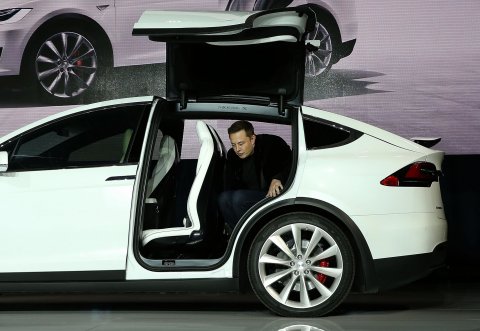
"I thought patents were a good thing and worked hard to obtain them," Musk wrote in a blog on Tesla's website in 2014. "And maybe they were good long ago, but too often these days they serve merely to stifle progress, entrench the positions of giant corporations and enrich those in the legal profession, rather than the actual inventors."
Musk isn't alone in his assessment—or in the steps he's taken to address it. Dozens of think pieces have decried our "broken patent system." And months after Musk's announcement, Toyota opened 5,680 patents related to its fuel cells. Anyone can work with the patents, without paying the company royalties. But would-be inventors must agree to forego collect royalties on any of their own resulting intellectual property. That requirement, says David Levine, an economist at the European University Institute, is key to an open patent system. Software and biotechnology inventors are also making their licensed creations free to all.
Relinquishing royalties may seem like throwing money away. But, Levine says, opening a patent might help a market grow by facilitating the creation of new products. For anyone with a financial stake in an emerging field, open patents could bring monetary gain sooner. "Even though you only have a share of the market," Levine says, "you have a share of a growing market rather than a larger share of a not-growing market."
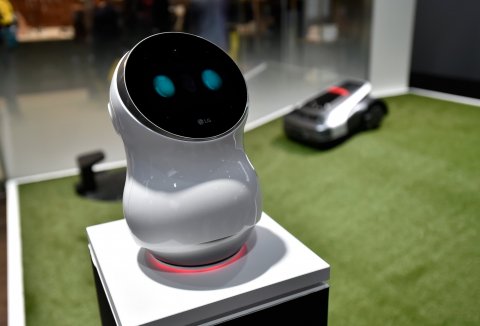
For now, patents remain the order of the day. Until that changes, releasing intellectual property will require owning it in the first place, and that means pushing it through a broken system intended to protect it.



